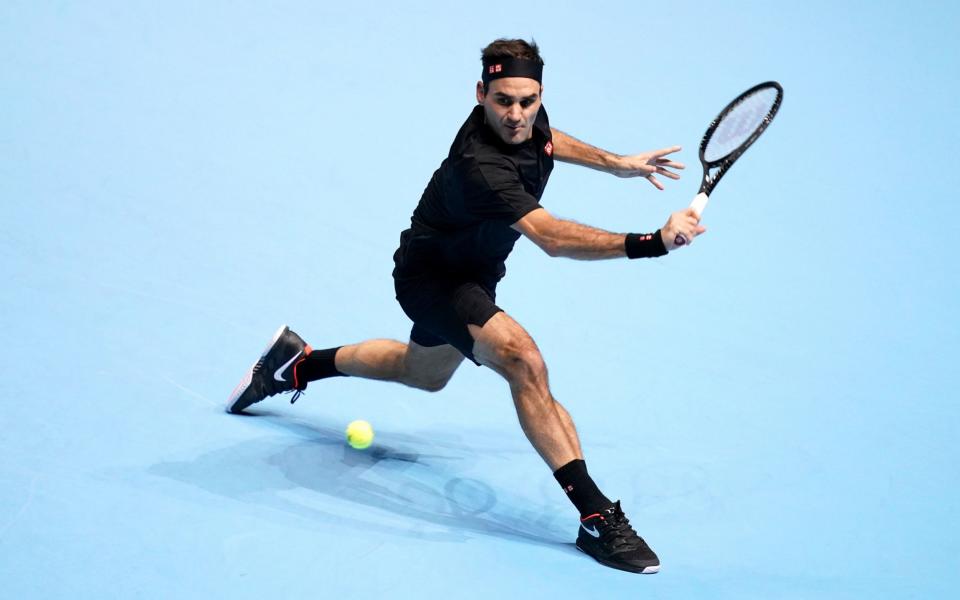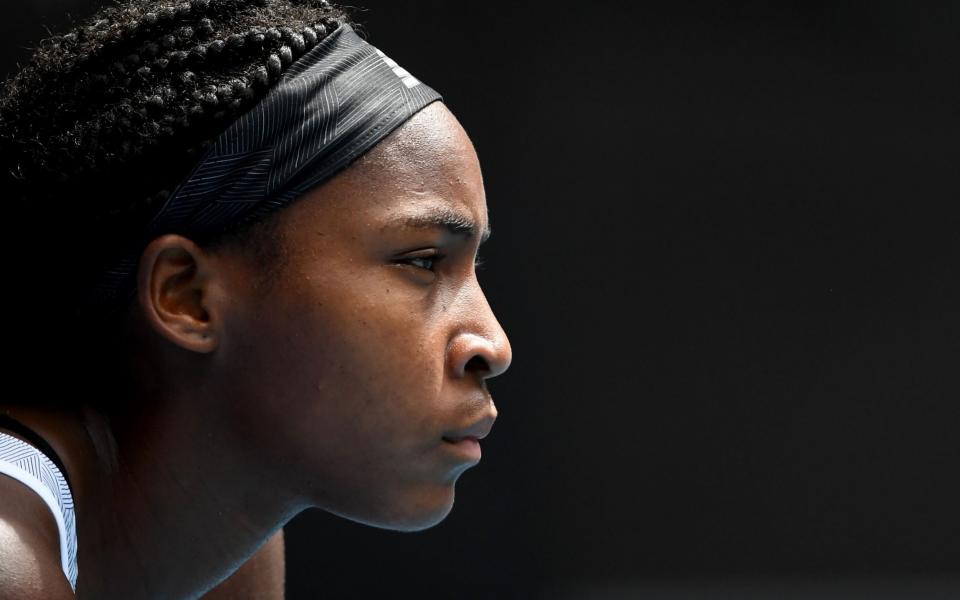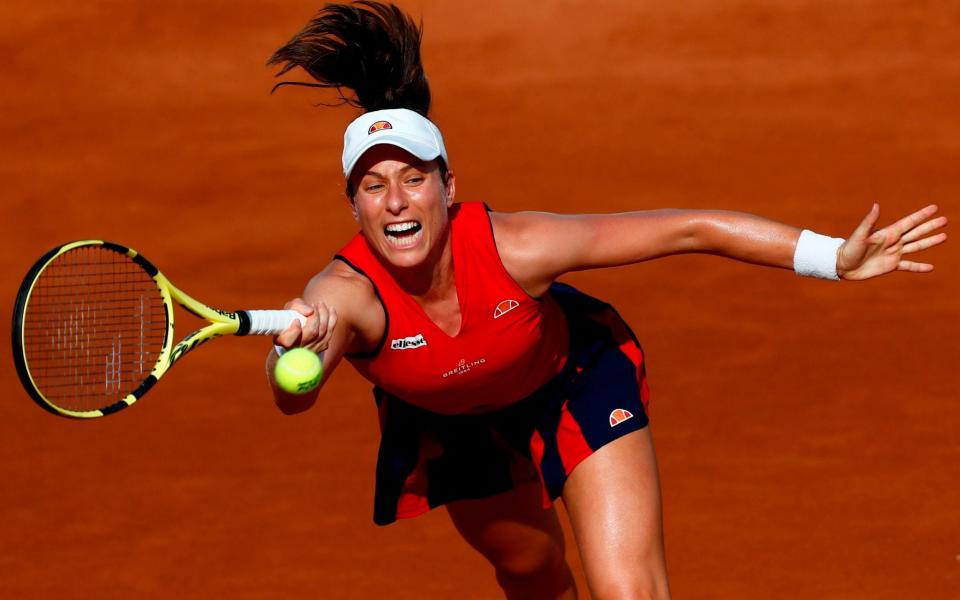Tennis health check, 2021: Which stars are waning, who is on the rise and what is the sport's looming crisis?

Which stars are waning?
The old certainties are not what they used to be. It is three years since Roger Federer’s most recent grand-slam triumph at the 2018 Australian Open, and four years since Serena Williams struck silverware at the same event.
These two giants would probably still win most polls to determine the greatest male and female in tennis history. And yet, Federer is struggling to be fit in time for February’s delayed Australian Open, more than a year after his last appearance.
Williams’s fitness has held up better: she has reported for duty in every slam since she returned from maternity leave. But her reliable presence has only underlined the fact that her aura – which used to be enough to beat many opponents on its own – has evaporated.
As we look forward to 2021, then, it would be a surprise if either Federer or Williams managed to land another biggie. For the last time that was true, you would probably have to go back to the 20th century.
Federer and Williams were born seven weeks apart in 1981. So the surprising thing is not that they are in decline, but that they have remained contenders at the top of the game for so long.
Which stars are rising?

Look out for the teens. In Britain, we were treated to an early glimpse of Coco Gauff – now 16 – when she reached the fourth round at Wimbledon 18 months ago. The wider tennis world is now familiar with 19-year-old Pole Iga Swiatek, who won the delayed French Open in October. But Canada’s Leylah Fernandez – the second-youngest woman in the top 100, at 18 – has yet to make a significant impact at slam level. That is most likely to change next season.
Fernandez’s father, Jorge, was a professional footballer – and a coach – in his native Ecuador. Like so many tennis parents – think about the Gauff family or the Osakas – he kept a close eye on his daughters throughout their development phase.
Bianca, two years younger, is still playing on the junior circuit, but Leylah has already converted her stylish and varied left-handed game to the main circuit, and reached her first WTA final in Mexico in February. She put up a strong display before going down 6-4, 6-7, 6-1 to Britain’s Heather Watson.
On the men’s side, another Canadian – 20-year-old Felix Auger-Aliassime – is also on the verge of something dramatic. In September, he made his deepest run at a major yet, crushing Andy Murray in a fraction over two hours on the way to the fourth round of the US Open. Together with Jannik Sinner, a 19-year-old Italian who simply pulverises the ball off both wings, Auger-Aliassime looks like a legend in the making.
Aside from Covid-19, what is the sport’s looming crisis?
This is a parochial issue, admittedly. But the British game is on the point of regressing to somewhere it has not been for at least a quarter of a century. Unless something dramatic happens, we will soon have no more contenders for the big titles.
Right now, Johanna Konta remains capable of worrying anyone in the world when her game is flowing. She might have had an ordinary 2020 at the slams, but she was only a few points away from reaching the Western & Southern Open final – a “Premier 5” event with a first prize of $285,000 (£208,000).

And yet, as Konta said in a recent interview, the imminence of her 30th birthday next summer has left her wondering how much longer she wants to do this for. “Let’s look forward to 2021, and then hopefully 2022, and then let’s see where we are at,” she said.
The cupboard is not completely bare. There are three or four British players capable of winning titles at tour level next season – including Dan Evans, Kyle Edmund and Watson. The same thing could be said of Andy Murray, as long as he can manage his metal hip. But the slams, which dominate the tennis landscape, look like they will be out of reach for years to come.
Do not be surprised if …
The financial squeeze applied by Covid-19 brings about a few shifts in the calendar, as unviable events are finally exposed. As the investor Warren Buffett famously said: “You only find out who is swimming naked when the tide goes out.”
One of the shakier properties could be the new-look Davis Cup finals. In 2019, this week-long event was staged in Madrid by Barcelona footballer Gerard Pique and his investment group Kosmos. The production values were fine, but the losses were heavy. Insiders reckon they ran into tens of millions.
It is time for tennis to see sense. With any luck, the pandemic will force the two new team events – the Davis Cup finals in late November, and the ATP Cup in January – to join forces under one unified brand. This is the only sensible outcome for the sport.

